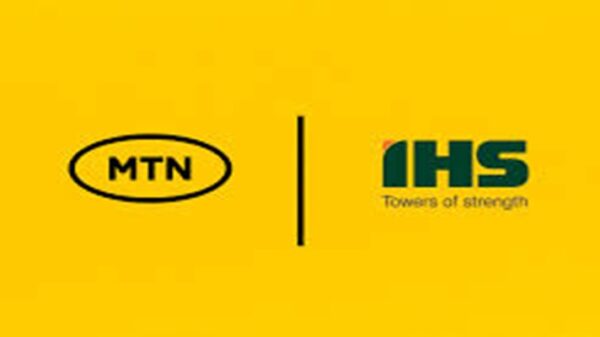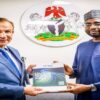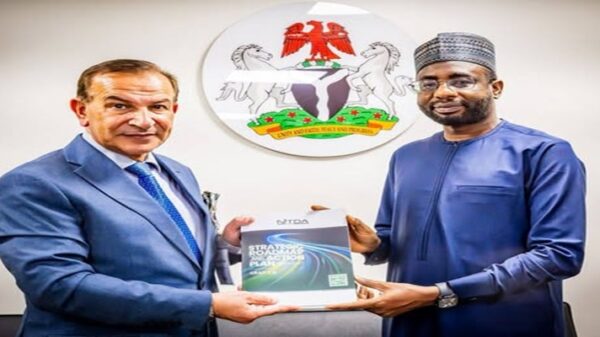Monetary policymakers are in a tough spot after COVID-19 claimed the economy as a victim of lockdowns and reduced activity. The central bank has to take on a therapeutic role to nurse the country back to health. Are the available remedies enough to save the patient or have decades of over-reliance on the cover-all solution of strong oil revenues blunted their effectiveness?
CBN unlikely to cut rates
In its January decision, the Central Bank of Nigeria (CBN) left its key interest rate unchanged at 11.5 percent, citing the pursuit of price stability. While other central banks adopted looser monetary policy to defend their economies against COVID-19, the CBN simply doesn’t have enough breathing room because it is dealing with stagflation marked by price inflation in the essential needs sector and a loss of productivity at the same time.
The CBN shows decisiveness and determination to reverse the stagflation and loss of output trends, according to its January meeting statement. Even amid the headwinds, it’s encouraging that the CBN realises the problem and is taking measures to handle it.
Nigeria faces severe stagflation
The economic consequences of COVID-19 are the environment of stagflation with rising inflation and a recessionary economy, said the CBN. Stagflation is characterised by price rises which occur when there is an increase in inflation and at the same time an increase in unemployment and lower economic output. Meanwhile, import restrictions announced by the central bank to help local producers have added to fuel inflation which hit a three-year high in December.
Traditional monetary policy is hard-pressed to find a solution to both stagflation and a depressed economy at the same time. Lowering interest rates is one option but in Nigeria’s case might lead to an increase in inflation which is well above the target rate of six to nine percent and make things worse.
The remedy for stagflation depends on treating the root causes. These are the extensive pandemic lockdowns, chronically high inflation, and uncertainties in the oil markets feeding into reduced output and fiscal risks. While most of the causes are likely to pass once the pandemic is under control, none of them appears to have an early ending at the time of writing. Vaccination programmes take time to be effective and meanwhile demand for oil remains at relatively low levels because of travel restrictions.
Economic recession
Nigeria struggles with a recession with the threat of higher unemployment and poverty rates exacerbated by the public health threat from COVID-19. The recession impacts the buying power of the Naira and comes at a bad time after the central bank’s efforts to manage the currency and stoke economic growth in recent years rather than just focusing on keeping inflation in its target band of six to nine percent.
Monetary authorities had to devalue the Naira twice last year after a shortage of dollars pushed up import prices and increased the gap between the official and black-market exchange rates.
Unconventional tools of growth
In January, the CBN disbursed N20 trillion to cushion the pandemic effects and support the signs of improvement which came thanks to easing lockdown restrictions and more promising Oil prices. The CBN said that N192.64 billion was disbursed to households and small businesses from the COVID-19 Targeted Credit Facility.
The deployment of funds directly to their targets is certainly a significant support for the economy but the second wave of infections and ongoing uncertainty about the vaccine rollout threatens to sabotage any meaningful recovery, at least in the short term.
Too early to tighten?
The coronavirus is the dovish factor in the CBN’s price stability mandate and the central bank is likely to adopt a wait-and-see approach for the foreseeable future. Tightening monetary policy this year may be too soon and make Nigeria an outlier among major economies expected to ease or hold rates at record lows to breathe new life into their economies.
Other than direct funding, the CBN may end up using additional unconventional tools to revive growth including tweaking the loan to deposit ratio, the liquidity ratio, and cash reserve ratio. The questions are whether these will be enough to save the patient from more financial pain and what will be the long-term effects on Nigeria’s economic health.
![]()



























































